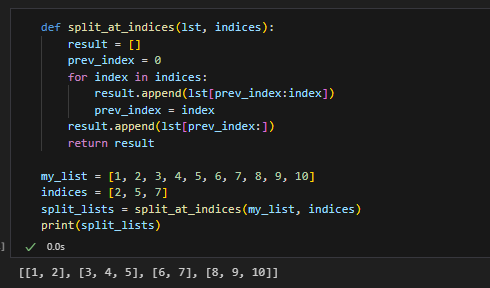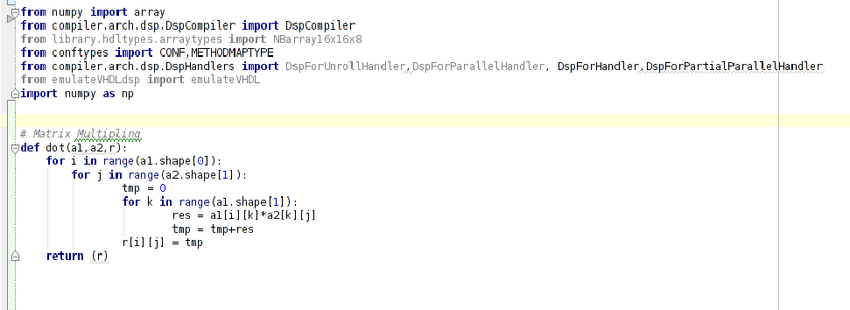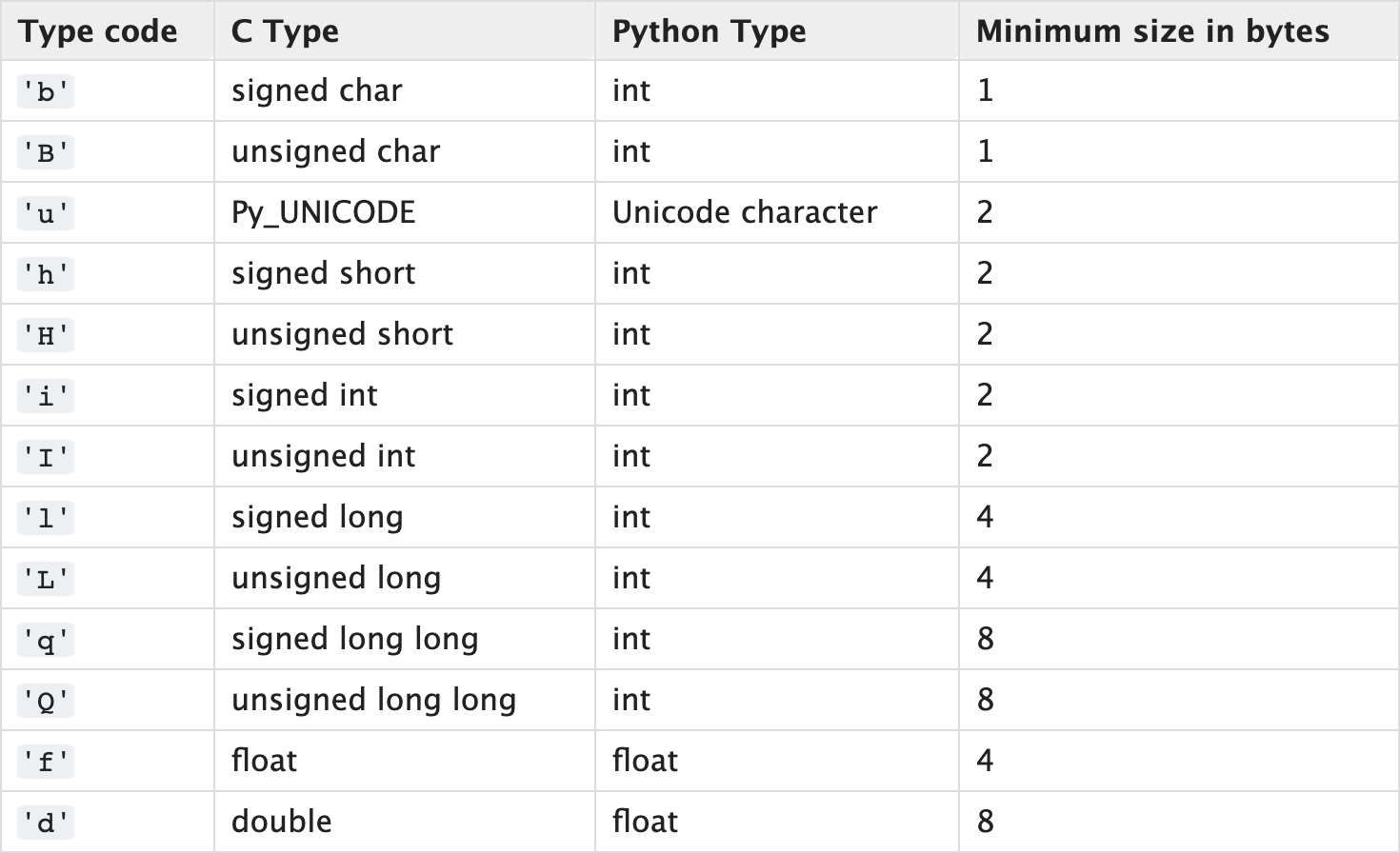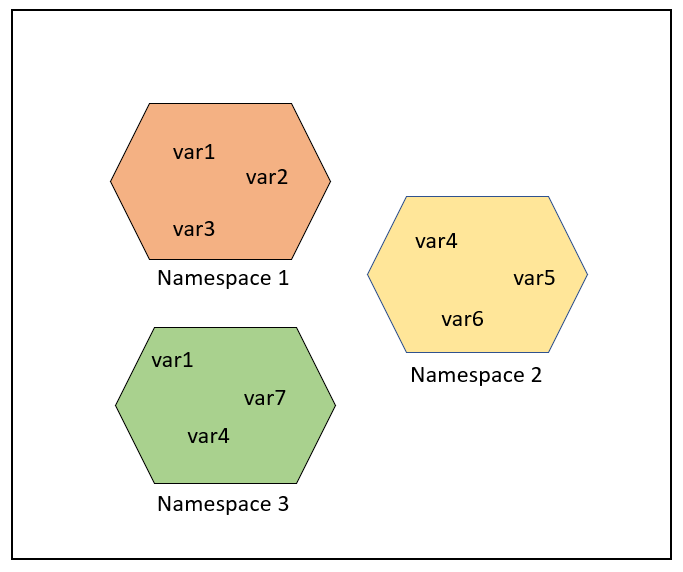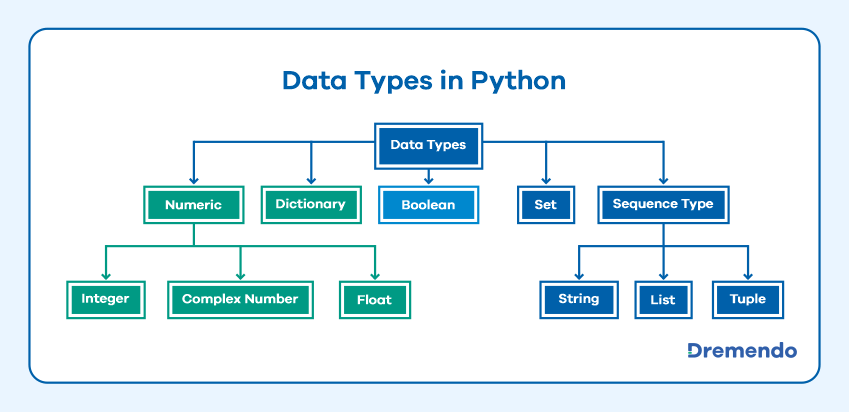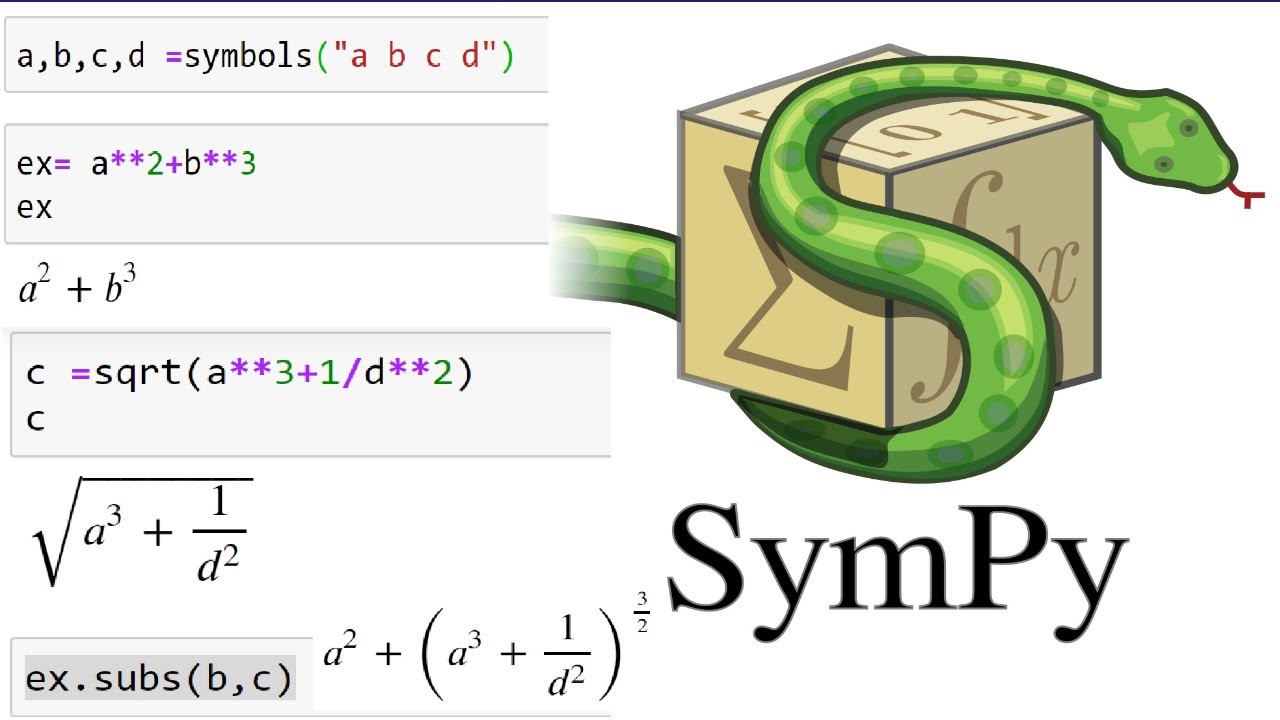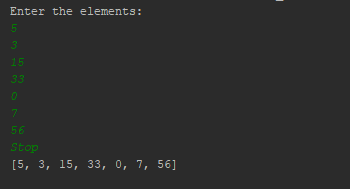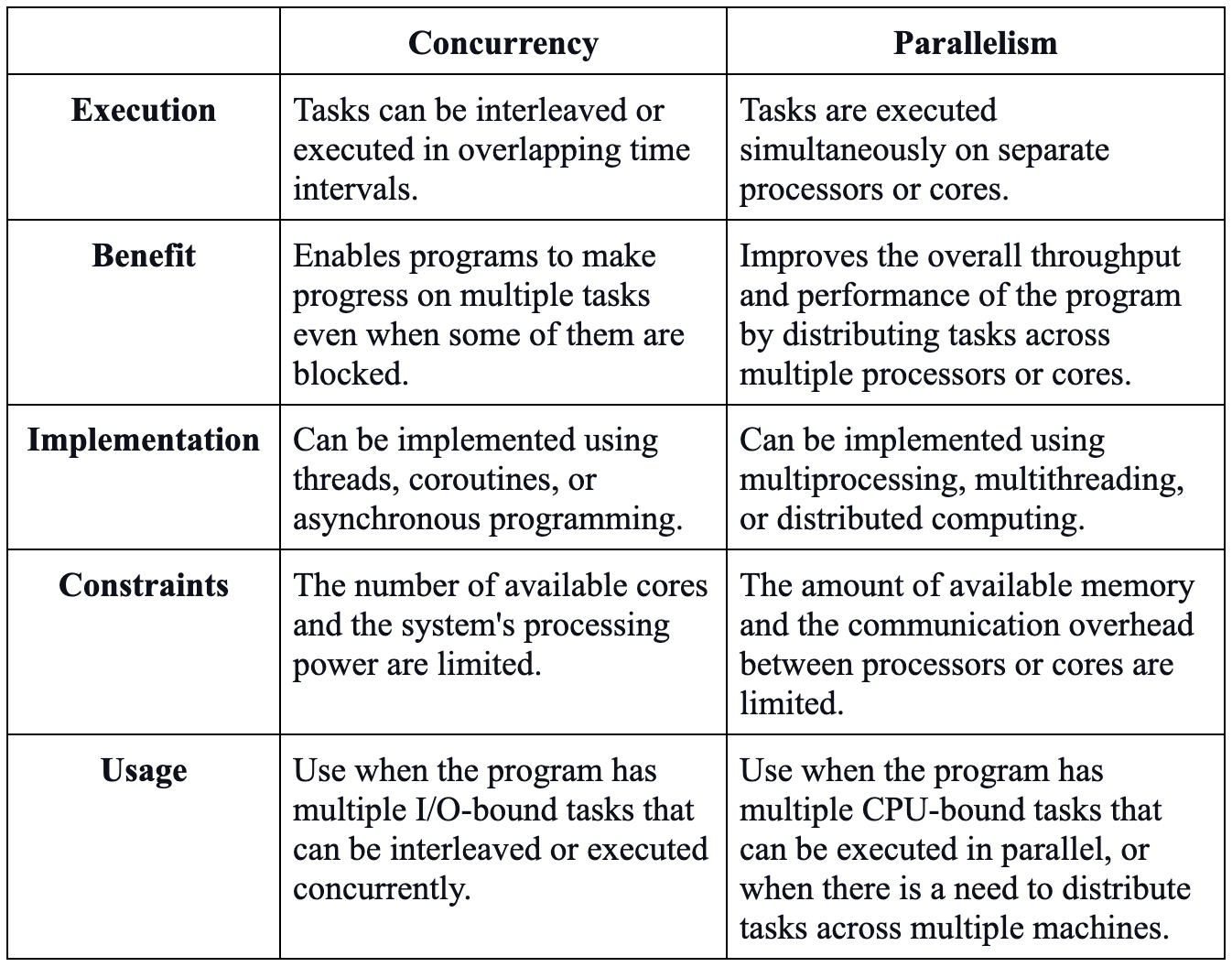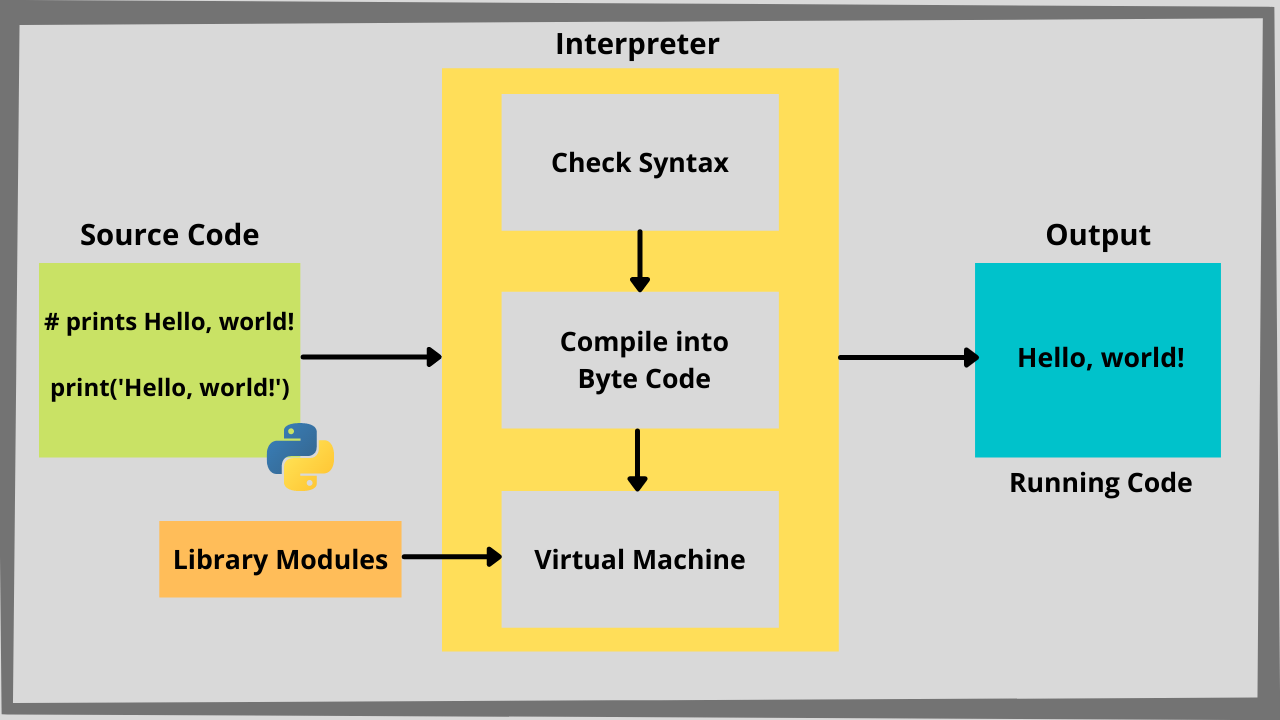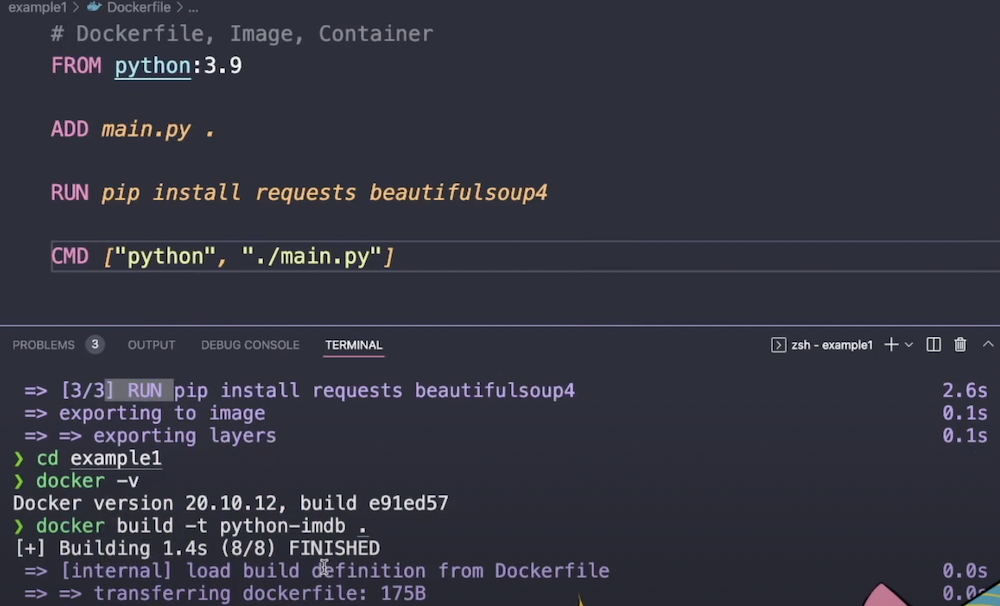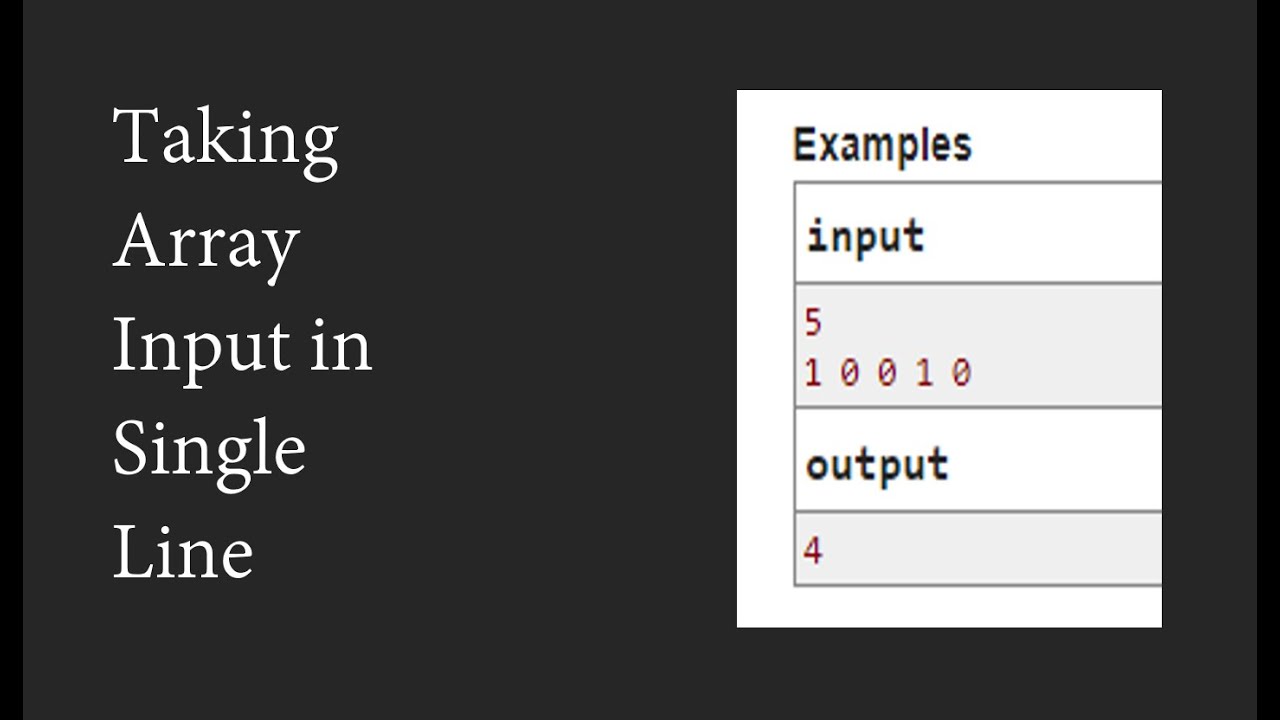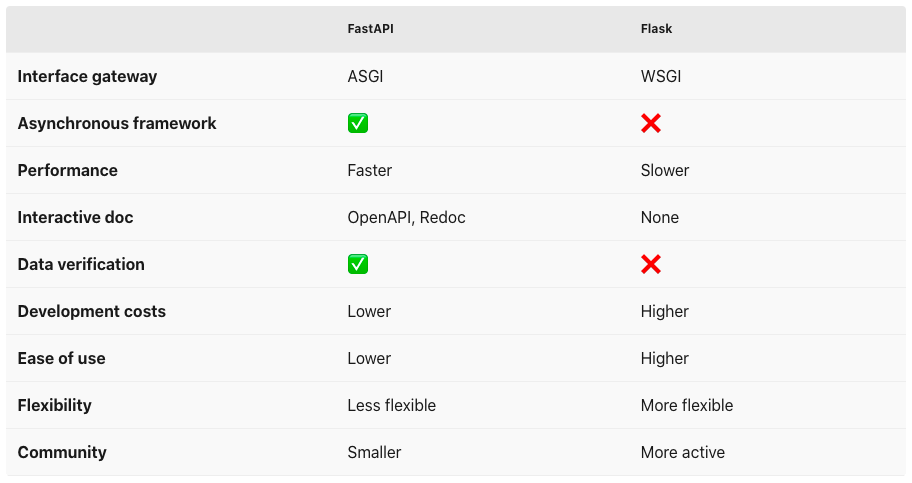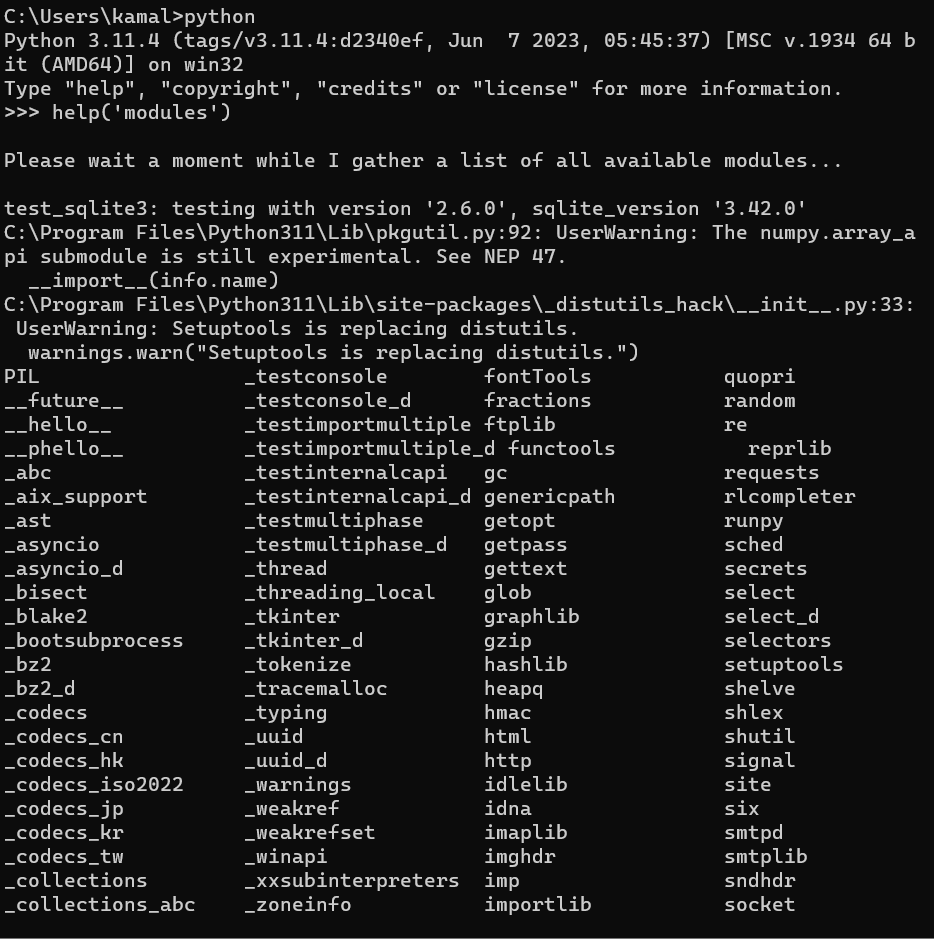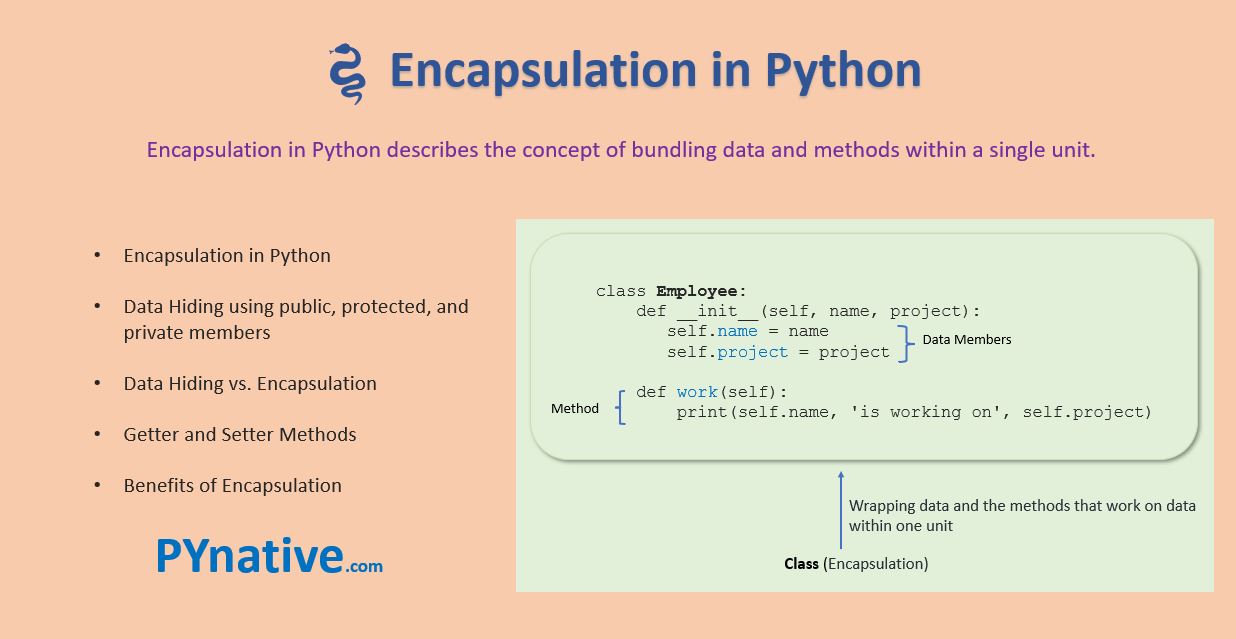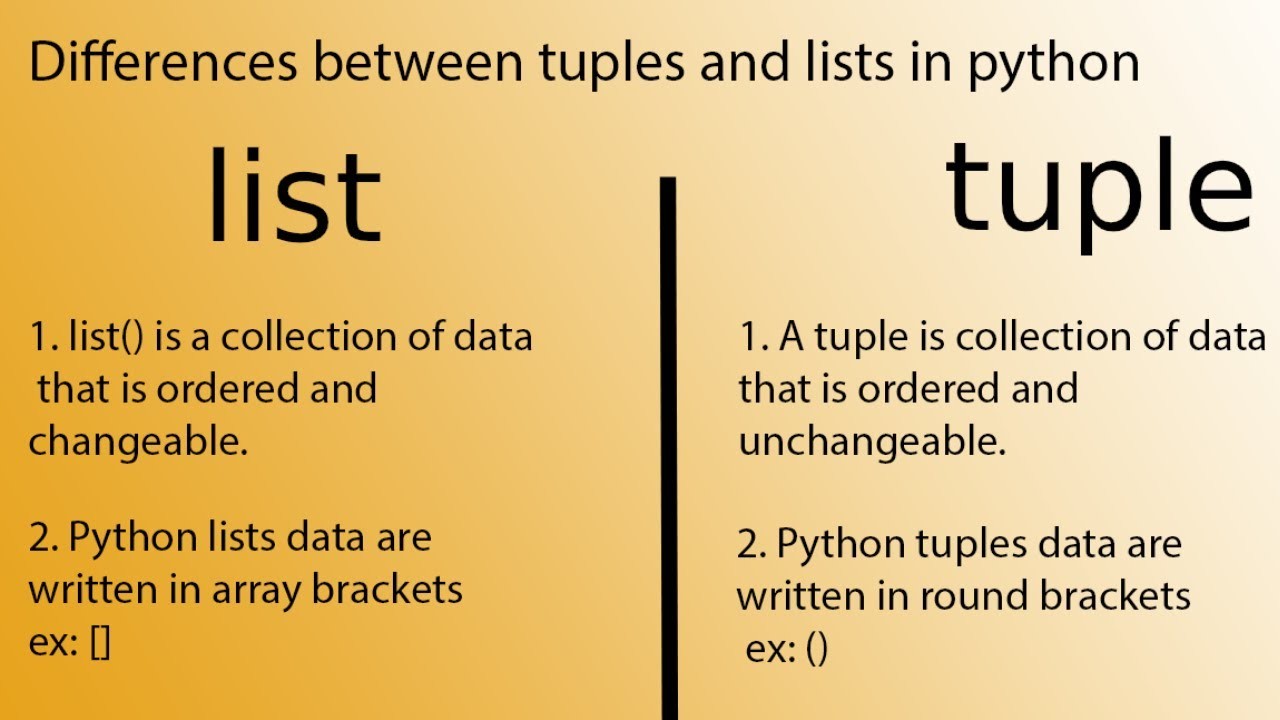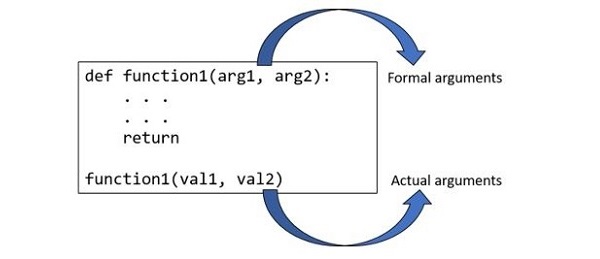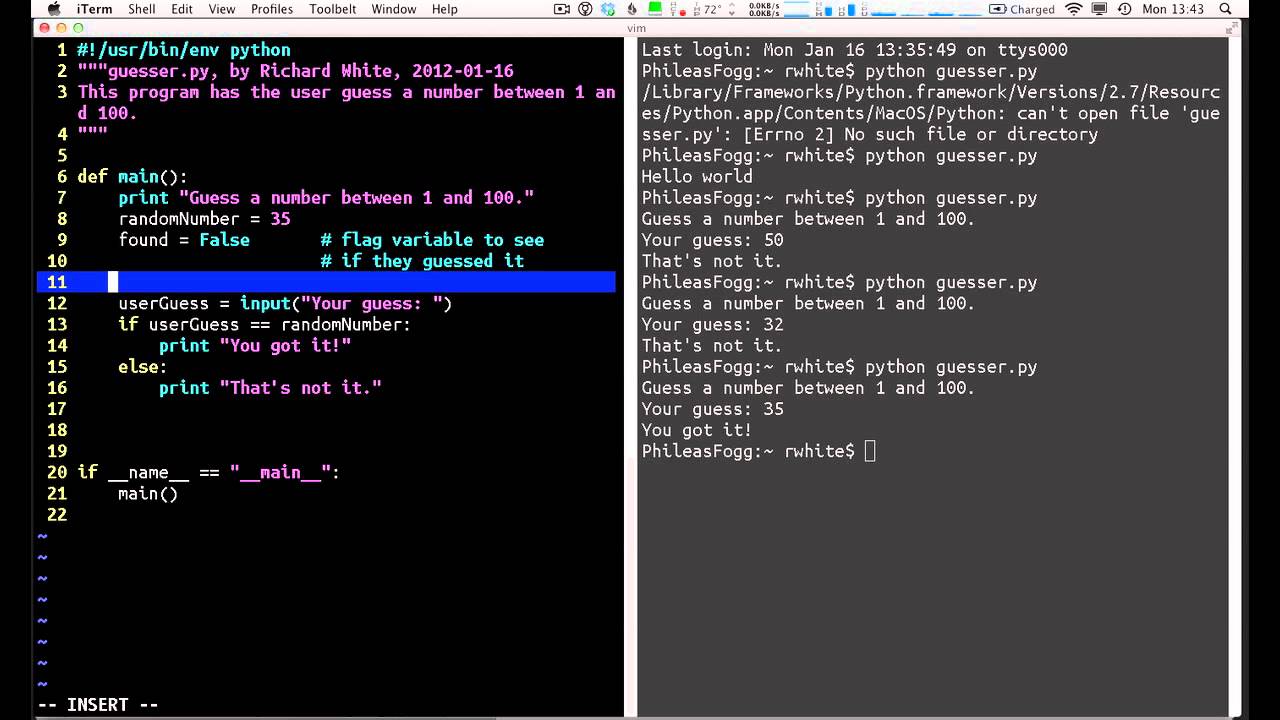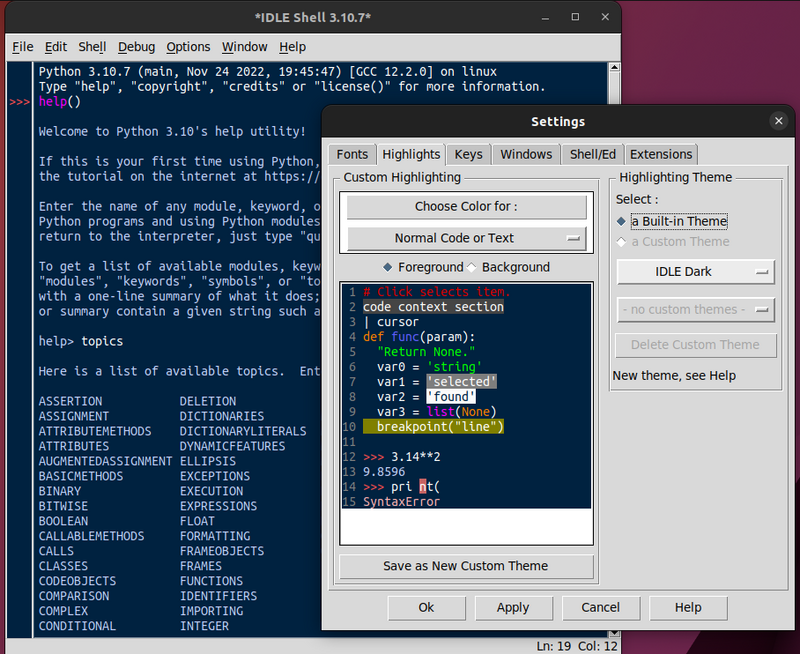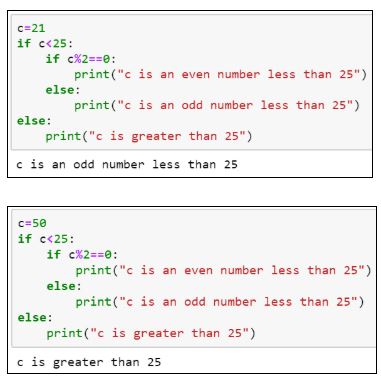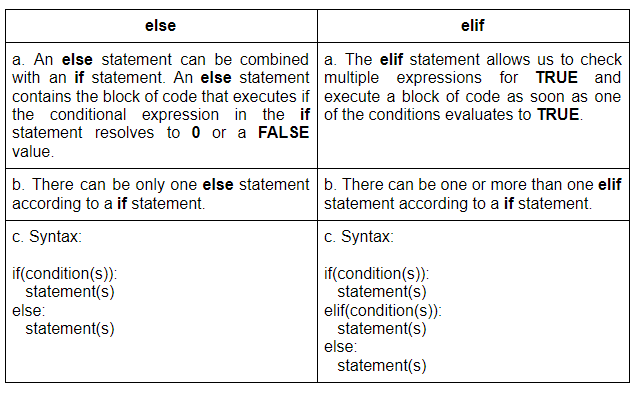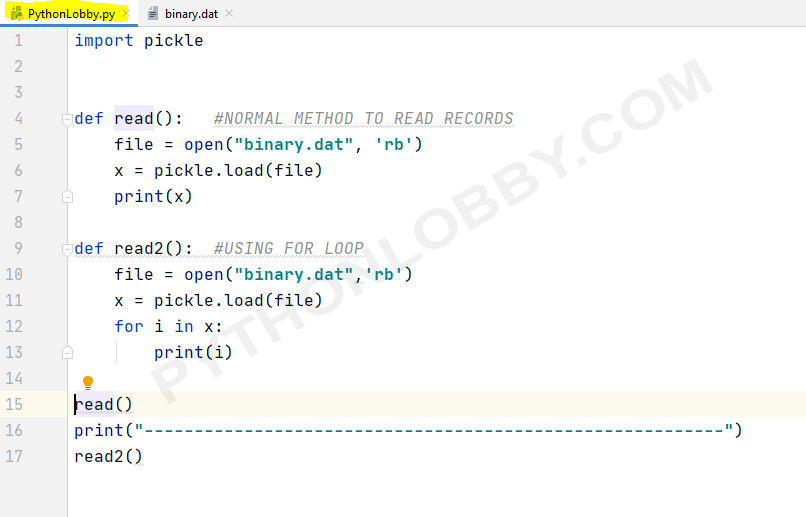Can Python be used for signal processing?
Can Python be used for signal processing?

Python is an excellent choice for signal processing due to its ease of use, flexibility, and extensive libraries that make it suitable for a wide range of applications.
In the field of signal processing, Python can be used for various tasks such as:
Data Analysis: Python's NumPy and Pandas libraries provide efficient data structures and operations for manipulating large datasets, which is crucial in signal processing. Signal Generation: Python's SciPy library contains modules for generating signals, including random noise, sinusoids, and other periodic functions. Filtering: Python's SciPy and NumPy libraries offer various filtering techniques, such as finite impulse response (FIR) filters, infinite impulse response (IIR) filters, and Fourier transform-based filtering methods. Feature Extraction: Python's Scikit-learn library provides tools for extracting relevant features from signals, including time-frequency analysis, wavelet analysis, and other signal processing techniques. Machine Learning: Python's Scikit-learn and TensorFlow libraries allow for the integration of machine learning algorithms with signal processing tasks, enabling tasks like classification, regression, and clustering. Visualization: Python's Matplotlib and Seaborn libraries provide tools for visualizing signals, including plotting time-series data, 3D plots, and other visualization techniques.Some popular Python libraries for signal processing are:
SciPy (Scientific Python): Provides modules for scientific and engineering applications, including signal processing. NumPy: Offers support for large, multi-dimensional arrays and matrices, which is essential in signal processing. Pandas: Enables efficient data manipulation and analysis. Scikit-learn: Focuses on machine learning tasks and provides tools for feature extraction and classification. PyAudioAnalysis: Provides a simple interface for audio signal processing.Python's ease of use, flexibility, and extensive libraries make it an excellent choice for signal processing applications. Its versatility allows it to be used in various fields such as:
Audio signal processing (music information retrieval, audio compression) Image processing Biomedical signal processing Telecommunications Radar signal processingOverall, Python is a powerful tool for signal processing, offering a range of libraries and techniques that make it an ideal choice for researchers, engineers, and developers working in this field.
Python signal SIGTERM
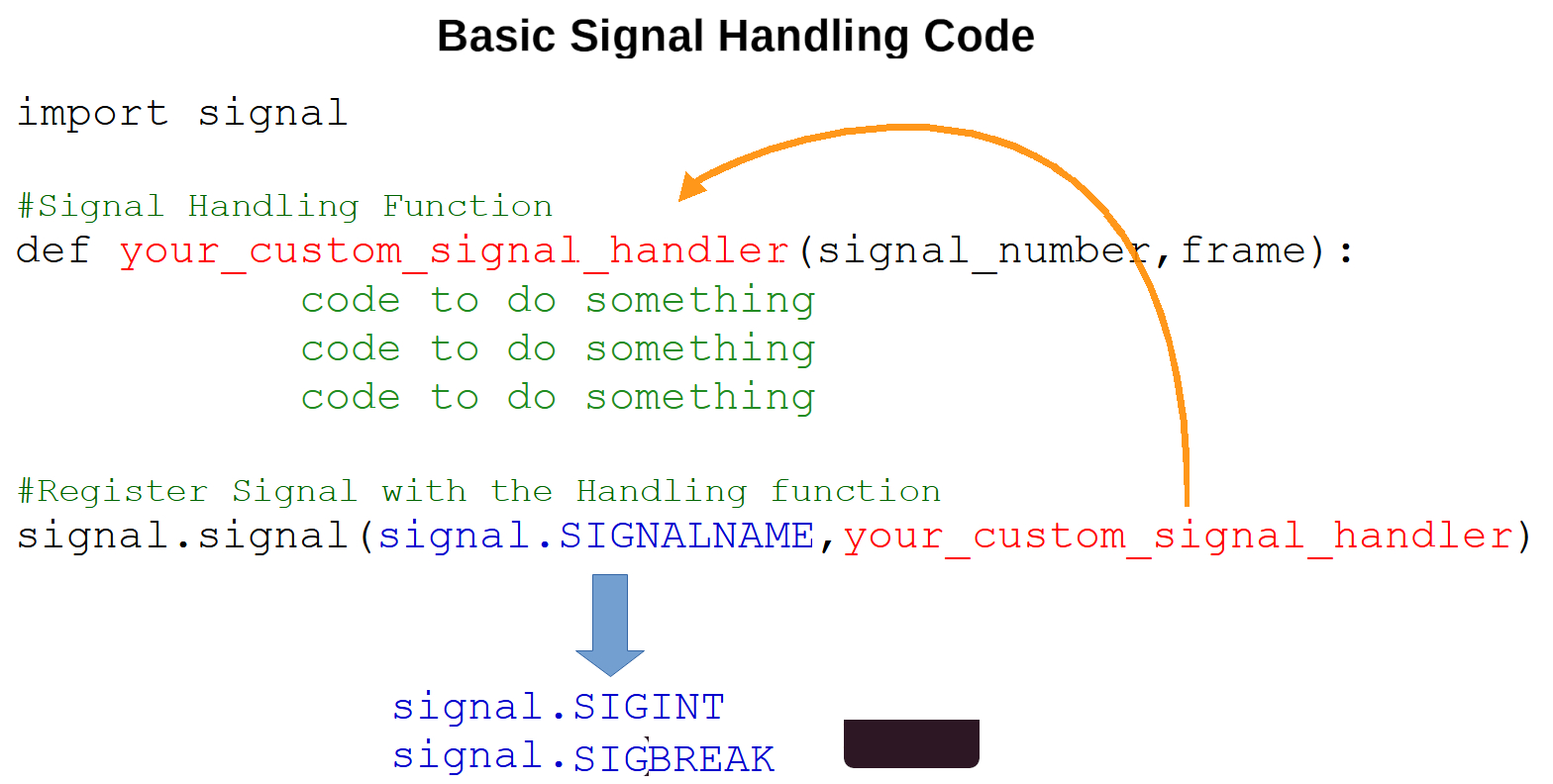
I'm happy to respond in English for this special case!
SIGTERM is a Unix signal that indicates the termination of a process, which is also known as "kill" or "abort". When a process receives a SIGTERM signal, it is expected to exit voluntarily and terminate its execution.
In Python, you can use the signal module to handle SIGTERM signals. Here's an example code snippet:
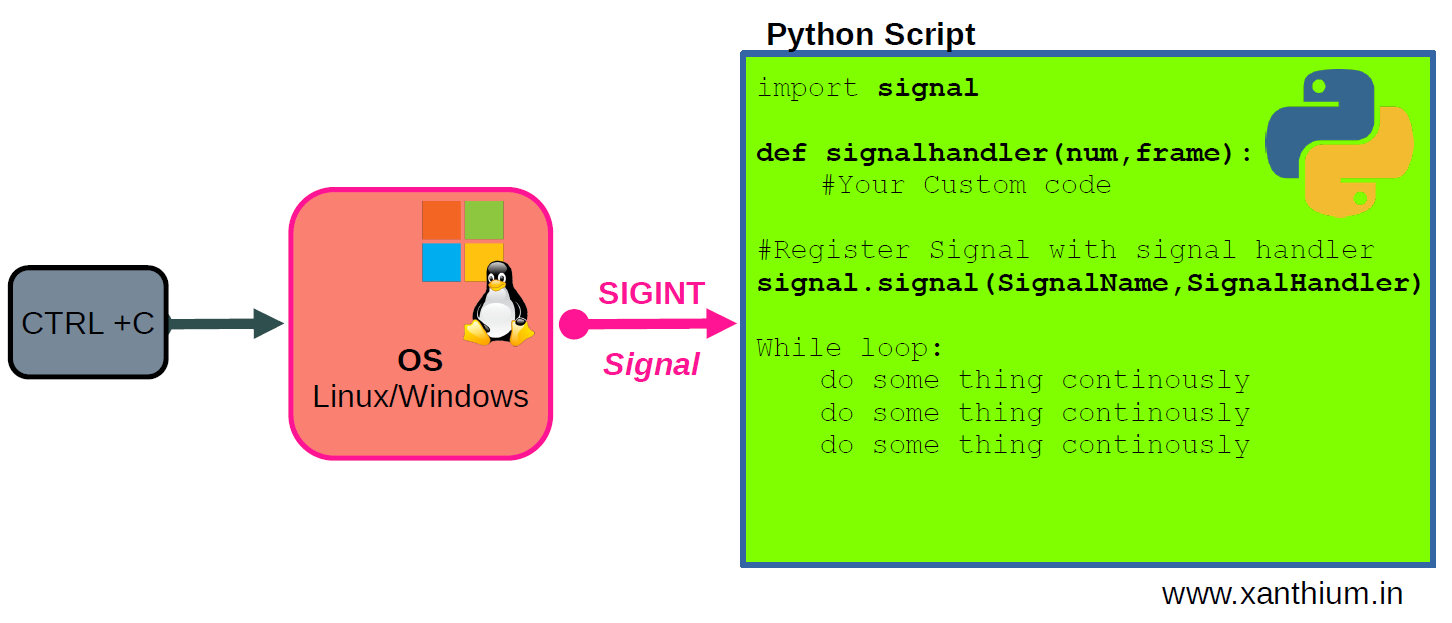
import signal
def handler(signum, frame):
print("SIGTERM received! Goodbye!")
raise SystemExit
Set up the SIGTERM handler
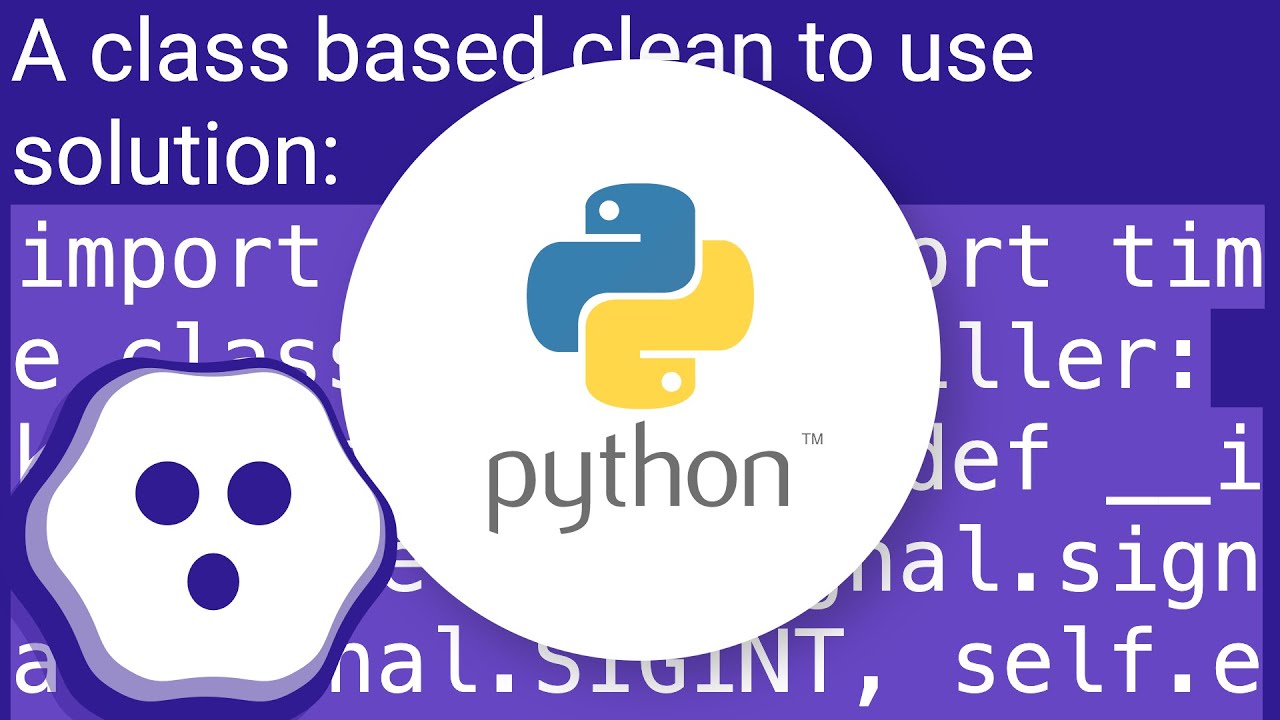
signal.signal(signal.SIGTERM, handler)
print("Starting main loop...")
while True:
Do some processing here...
pass
In this example, we set up a signal handler for SIGTERM using the signal module. When the process receives a SIGTERM signal (e.g., via kill -15 <PID>), the handler function will be called to handle the termination.
The handler function simply prints a message and raises a SystemExit exception to exit the Python interpreter. You can customize this handler to perform any necessary cleanup or logging before terminating the process.
When you run this code, it will enter an infinite loop and continue executing until you manually terminate the process using kill -15 <PID> or equivalent command.
Here's why SIGTERM is important:
Programmatic termination: By handling SIGTERM signals, your Python program can respond to external requests to terminate, ensuring a clean exit without leaving any zombie processes behind. Error handling: You can use the handler function to perform error logging or cleanup before exiting the process. System integrity: In a multi-process system, proper termination of subprocesses can prevent orphaned processes from accumulating and affecting system stability.Now, you might be wondering: "What happens when I don't handle SIGTERM signals in Python?" Well, if you don't handle SIGTERM signals, your process will terminate abruptly without executing any cleanup code or handling the exit properly. This is why it's essential to set up a signal handler for SIGTERM (and other important signals) in your Python programs.
I hope this explanation has been informative and helpful!
